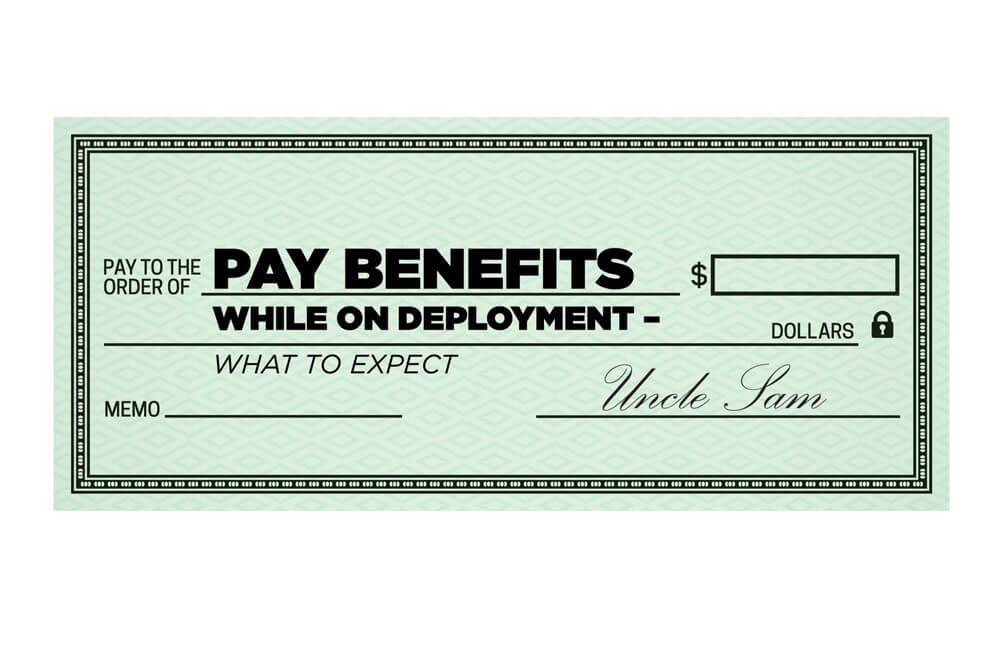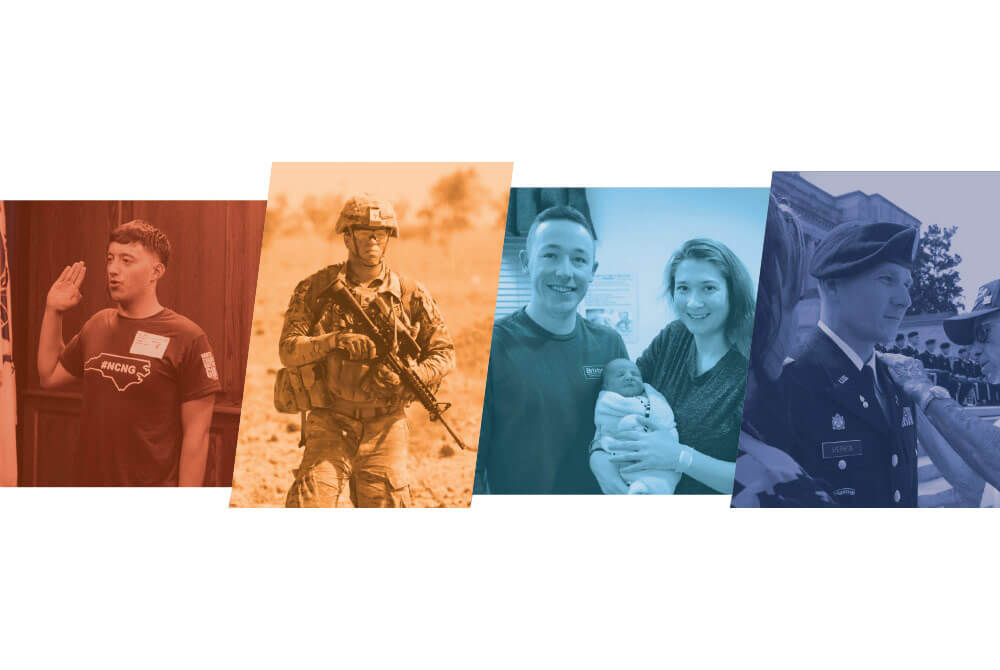A new National Guard Bureau (NGB) initiative has begun to benefit National Guard Soldiers and Airmen who require behavioral health care but live in remote locations not near a military facility or base.
The Veteran Center Outreach Initiative, a Veterans Affairs (VA) program, is designed to give Guard members access to the same type of counseling services often available in more populated areas, said Anthony Wickham, NGB’s chief of Soldier, Airman and Family support.
“Some of our service members are literally hundreds of miles away from military medical facilities and, naturally, there are fewer behavioral health specialists, even on the civilian side,” said Wickham. “This initiative increases our ability to reach those remote service members and their Families.”
As part of the VA’s Readjustment Counseling Service (RCS), Veteran Center Outreach staff members will travel to National Guard facilities around the Nation while offering counseling services that will be conducted while National Guard members are already drilling on site or participating in other additional unit training. Counseling services are available to both full-time and part-time Guard members.
The VA Readjustment Counseling Service offers a wide range of psycho-social services to eligible Veterans, active service members and their Families, including:
- Individual and group counseling
- Family counseling for military-related issues
- Bereavement counseling for families who experience an active duty death
- Military sexual trauma counseling and referral
- Outreach and education including Post-Deployment Health Reassessment, community events, etc.
- Substance abuse assessment and referral
- Employment assessment and referral
- Veterans Benefits Administration benefits explanation and referral
- Screening and referral for medical issues including Traumatic Brain Injury, depression, etc.
According to Wickham, RCS representatives coordinate with National Guard behavioral health representatives at State and unit levels to determine the best times for center outreach staff members to travel to National Guard facilities and provide services to Guard members.
The initiative’s development began in 2016, noted Wickham, when he and a VA official discussed gaps in official programs that addressed the general health needs of National Guard members.
“Part of that [discussion involved] behavioral health,” Wickham said, adding that studies from the Department of Defense and independent outside groups clearly state there is a significant population of “geographically dispersed Guard members who could benefit from behavioral health support.”
Wickham said most Veteran Center Outreach counselors have military backgrounds and understand military culture. The hope is that the outreach initiative will help promote the continued normalization of the presence and use of behavioral health services in the Guard community. “Most of the counselors at the centers are themselves veterans,” Wickham observed, “and understand what it’s like to be in the military.”
Wickman added the initiative, slated for full implementation this past April, is about improving the overall mental health of all Guard members.
“If they can get treated early in this continuum of behavioral health care, then that service member is [less likely to] become a retention or a separation case,” Wickham said. “This contributes to [overall] readiness.”
In the end, Wickham said this is all about promoting the use of behavioral health services.
“People get sick, and sometimes they get sick in the body, and sometimes they get sick in their mind. [Regardless, they] need a little help,” he said. “That’s what this [program offers].”
BY CONTRIBUTING WRITER TSgt Erich B. Smith



